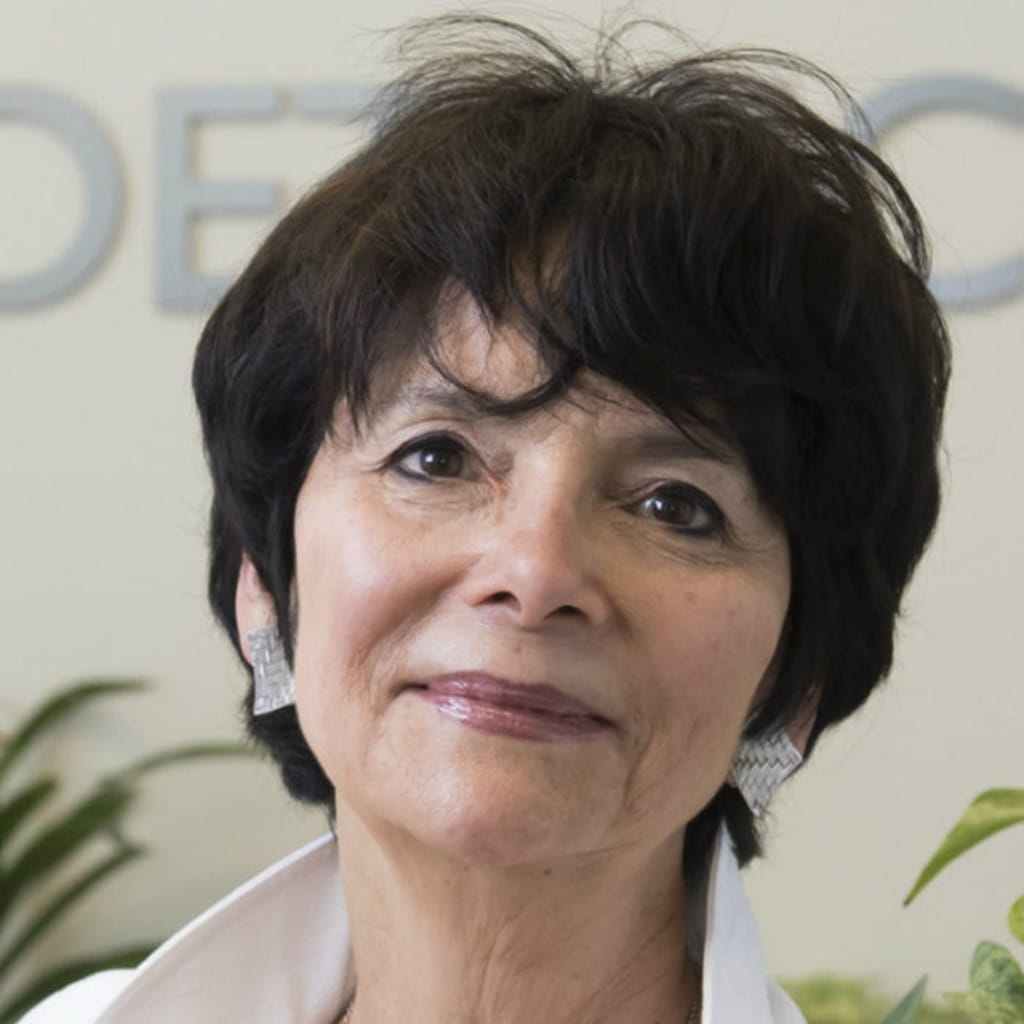
Ruth R. Faden, PhD, MPH
Founder, Johns Hopkins Berman Institute of Bioethics
Philip Franklin Wagley Professor of Biomedical Ethics
Ruth R. Faden, PhD, MPH, is the founder of the Johns Hopkins Berman Institute of Bioethics and the Philip Franklin Wagley Professor of Biomedical Ethics. A pioneer in the field, Dr. Faden built the Berman Institute from the ground up, transforming it from a small group of scholars into a leading global center for interdisciplinary bioethics research and education. Under her leadership, the Institute grew into a vibrant academic hub, bridging medicine, public health, nursing, law and the social sciences.
Dr. Faden’s scholarship has fundamentally shaped the field of bioethics, with a focus on justice theory and its application to health policy and science. She is widely recognized for her groundbreaking work on informed consent, research ethics, and structural injustice. Her contributions have helped redefine how justice is understood and pursued in health systems, especially for structurally marginalized populations. Her current work continues to explore the ethical obligations of governments, institutions and other actors in addressing power imbalances, health disparities and the needs of historically underserved communities.
Over the course of her career, Dr. Faden has engaged deeply in national and global policy conversations. She chaired President Clinton’s Advisory Committee on Human Radiation Experiments, co-founded international efforts to advance the ethical conduct of science, and launched initiatives to address the underrepresentation of pregnant people in biomedical research. Her work has informed policies in areas ranging from pandemic preparedness to food and agricultural ethics, and she has played an essential role in expanding the ethical discourse around emerging science and public health.
Dr. Faden is the author and editor of numerous influential books and scholarly articles and has received some of the most prestigious awards in the field for lifetime achievement in bioethics. She is also a dedicated mentor, having guided the development of many of today’s leading bioethicists. Her career reflects a lifelong commitment to embedding justice, compassion and public responsibility into the core of health and science policy.

Lisa A. Cooper, MD, MPH, MACP
James F. Fries Professor of Medicine and Bloomberg Distinguished Professor
Johns Hopkins University School of Medicine
Lisa A. Cooper, MD, MPH, is a Bloomberg Distinguished Professor at Johns Hopkins University and one of the most influential voices in health care delivery innovation and patient-centered research. Trained as a general internist, social epidemiologist, and health services researcher, Dr. Cooper has spent her career advancing the science and practice of effective physician-patient communication and evidence-based care. Her landmark 1999 study in JAMA was among the first to demonstrate how patients’ perceptions of clinician decision-making styles differ by race and how these differences can influence treatment adherence and outcomes.
As founding director of the Johns Hopkins Center for Health Equity and the Johns Hopkins Urban Health Institute, Dr. Cooper has led transformative research on improving clinical quality and outcomes through enhanced communication, clinician training, and organizational redesign. She has conducted numerous randomized controlled trials aimed at improving chronic disease management, promoting patient engagement, and testing scalable innovations in both domestic and global settings.
In addition to her research and leadership, Dr. Cooper plays a pivotal role in national policy conversations. She was appointed to President Biden’s Council of Advisors on Science and Technology (PCAST), where she contributed her expertise to shape federal public health strategy. A committed mentor and advocate, Dr. Cooper has supported the careers of over 75 mentees across disciplines and continues to inspire the next generation of leaders in health and medicine.
Dr. Cooper has authored more than 300 peer-reviewed publications and has received numerous honors, including a MacArthur “Genius” Fellowship, election to the National Academy of Medicine, and the American Heart Association’s Distinguished Scientist Award. Her recent book, Why Are Health Disparities Everyone’s Problem?, calls for cross-sector collaboration to build more responsive and resilient health systems.